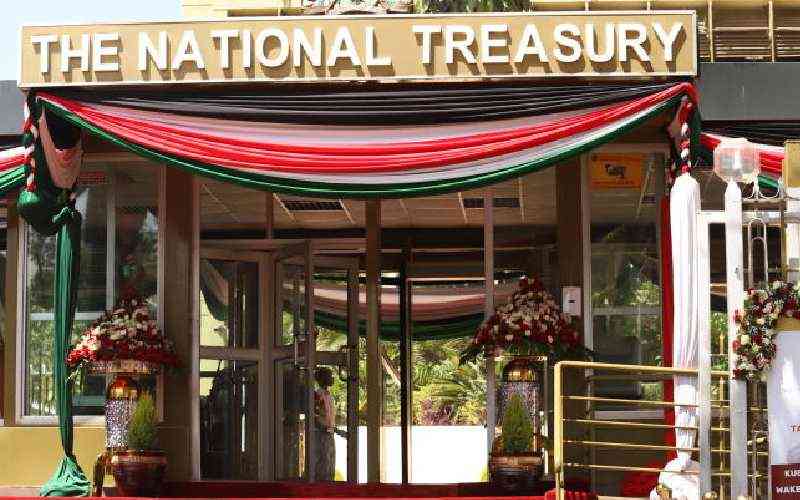×
The Standard e-Paper
Stay Informed, Even Offline

Entrance to Treasury Building. [Denish Ochieng, Standard]
Naming the National Treasury CS is among the first critical decisions that President-elect William Ruto will make after being sworn in today, experts say.